How the Mindhunter season 2 serial killers compare to their on-screen counterparts, and where to find out more
A closer look at the serial killers of David Fincher's criminally good second season

For true crime fans, Mindhunter is basically the Marvel Cinematic Universe for serial killers. Based on the real lives of Special Agents John E. Douglas and Robert K. Kessler, David Fincher’s Netflix series dives into the disturbing world of calmly detached psychopaths and cold-eyed killers. With Mindhunter season 2 seeing the newly created behavioural science team taking on even more of the criminal underworld’s so called "heavy hitters," it’s important to look at the devastatingly real events that inspired the fiction. Below, we examine how the events of Netflix's crime thriller compare the what happened in real life.
Plus, once you’ve finished reading, there are all manner of Mindhunter related podcasts to listen to. From entire Manson podcasts to essential Atlanta Murder listening, it’s time to top up your aural reading list, and we'll point you in the direction of the best to listen to. Oh, and once you are finished with the below, don’t forget to check out our best true crime podcasts. Until then, though, it’s time to go behind bars with the criminals of Mindhunter season 2. If you dare.
Killer 1: David Berkowitz, AKA ‘Son of Sam’
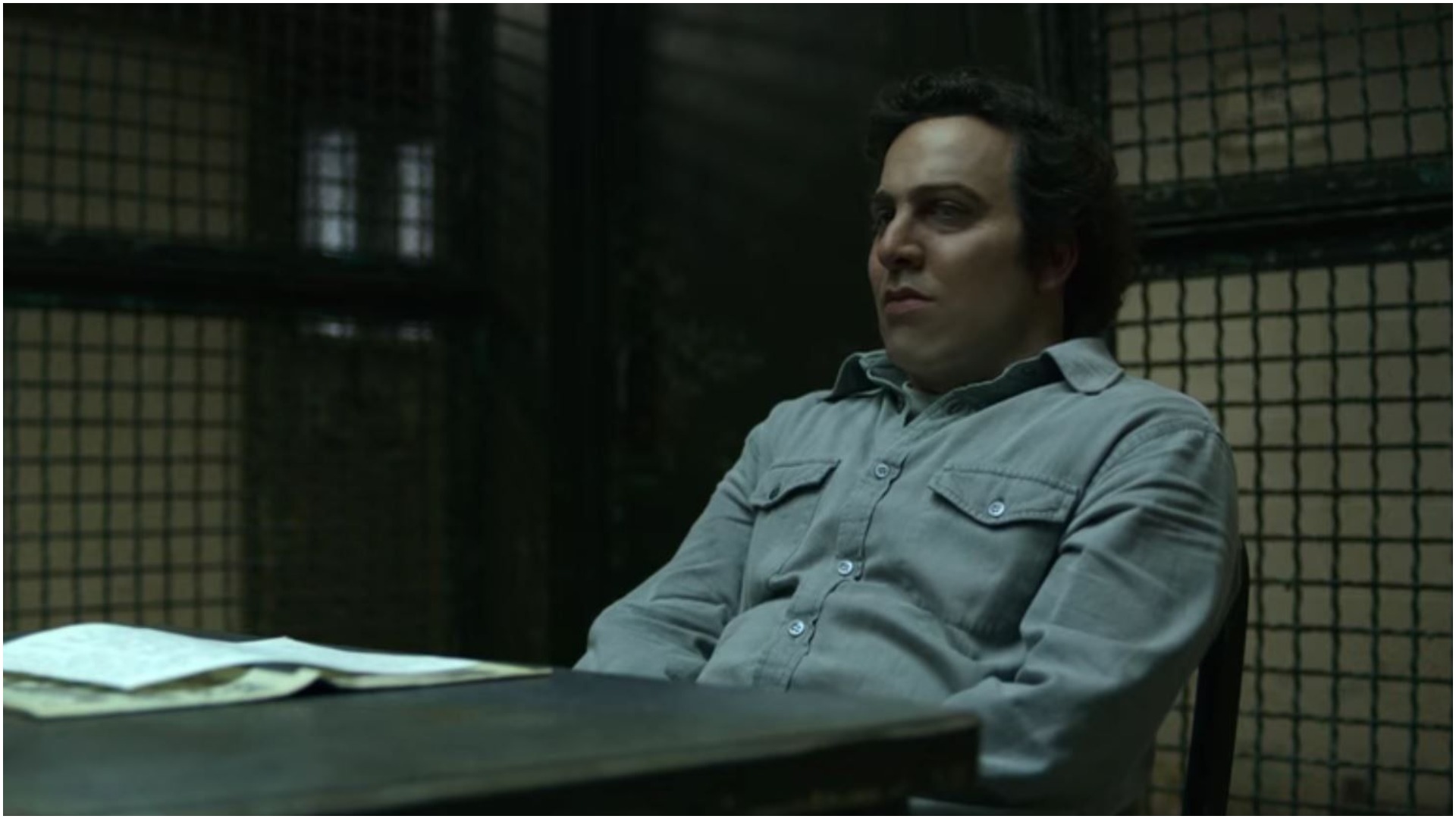
Their real-life crimes
New York City wasn’t particularly well known for its safety back in 1976. Police levels were dangerously low and crime was rampant. This made it a perfect time for David Berkowitz to strike in a series of horrific shootings that terrified the city. The self-titled ‘Son of Sam’ targeted young brunette women sitting in their cars. He killed six and wounded seven more before finally being caught by police in 1977.
It’s important to note that Berkowitz didn’t just shoot and run. Jack the Ripper-style, Berkowitz left notes behind, making him even more infamous as he mocked the NYPD’s ineptitude at catching him. To make things even more headline grabbing, he said he was instructed to kill young women by a demon manifesting in his neighbour Sam’s dog, Harvey.
How they compare to the show
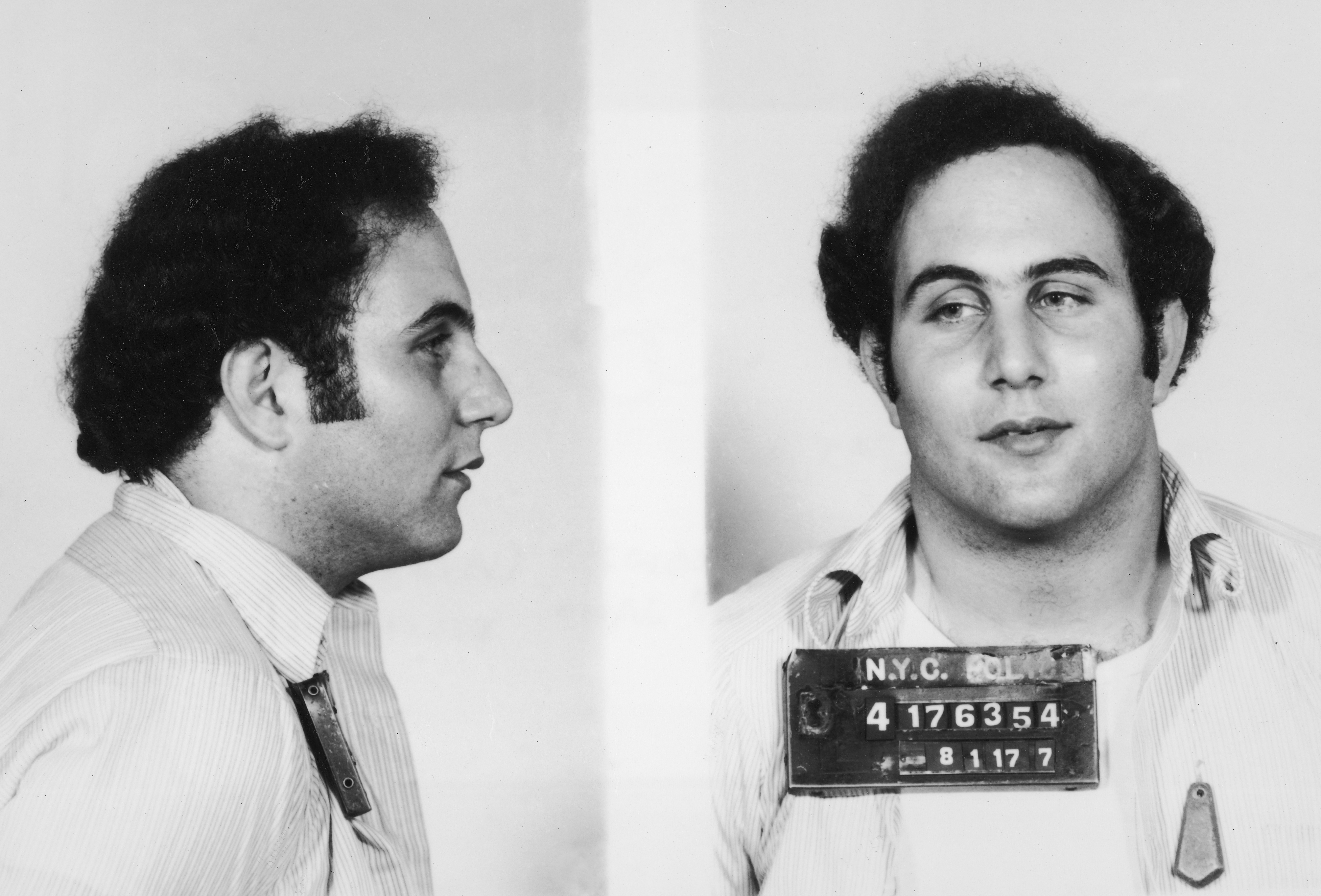
Californication’s Oliver Cooper plays Berkowitz in Mindhunter’s recreation of true crime royalty. This Berkowitz delivers on both looks and a terrifying glimpse into the depraved yet oddly rational psyche that stalked New York City. Just like the real Son of Sam, he reveals, after being questioned at length on his demon story, that the whole possessed dog confession was a lie. Which, if anything, makes Berkowitz even scarier.
Further listening
Given his almost movie-like killing spree, there's no shortage of in-depth listening available on David Berkowitz. The Last Podcast on the Left, True Crime Garage, and The Serial Killer podcast all have solid offerings to take you back to that infamous, deadly summer of 1976.
Killer 2: The Atlanta Child Murders
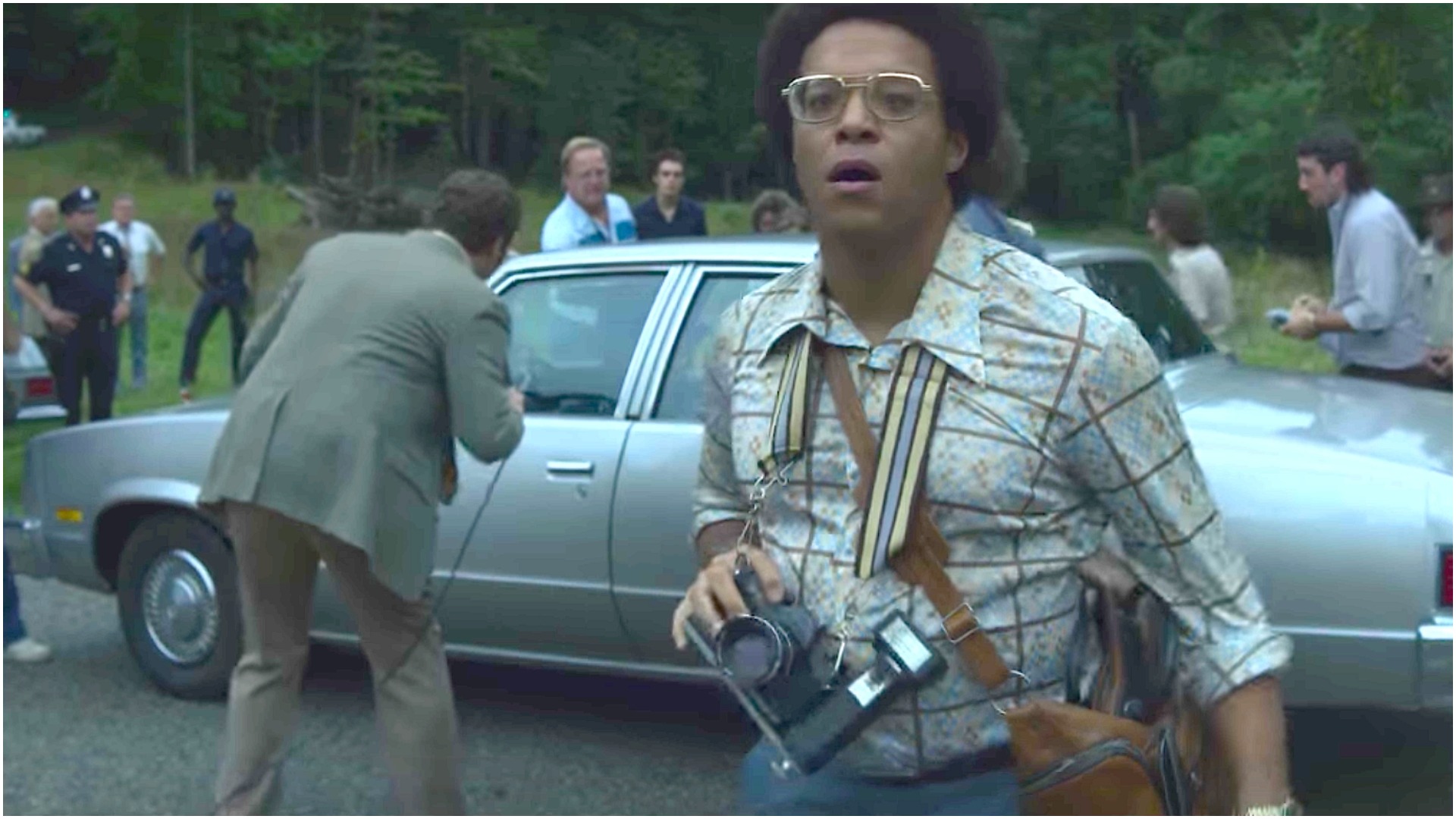
Their real-life crimes
Do you know where your children are? It's an ominous sentence and one that concluded the nightly evening news in Atlanta during the late '70s as the city was gripped with fear. For two years, starting in 1979, African American children and young adults regularly went missing, only to be found dead weeks later. Police initially failed to connect the dots, but as more and more children went missing – each young, black and working class – the situation became clear: there was a very real predator at work. And, amidst racial tensions in the city, many blamed the Ku Klux Klan.
Sign up for the Total Film Newsletter
Bringing all the latest movie news, features, and reviews to your inbox
The FBI, wading into the murky moral waters, began staking out bridges, hoping to find the culprit dumping bodies over the side. Allegedly a splash was heard and talent scout the 22-year-old Wayne Williams, who was on the bridge in his car at the time, was arrested. Williams was eventually charged with the murders of two grown men – not the more than 25 children who had gone missing. Contentious is not the word for this case.
How they compare to the show
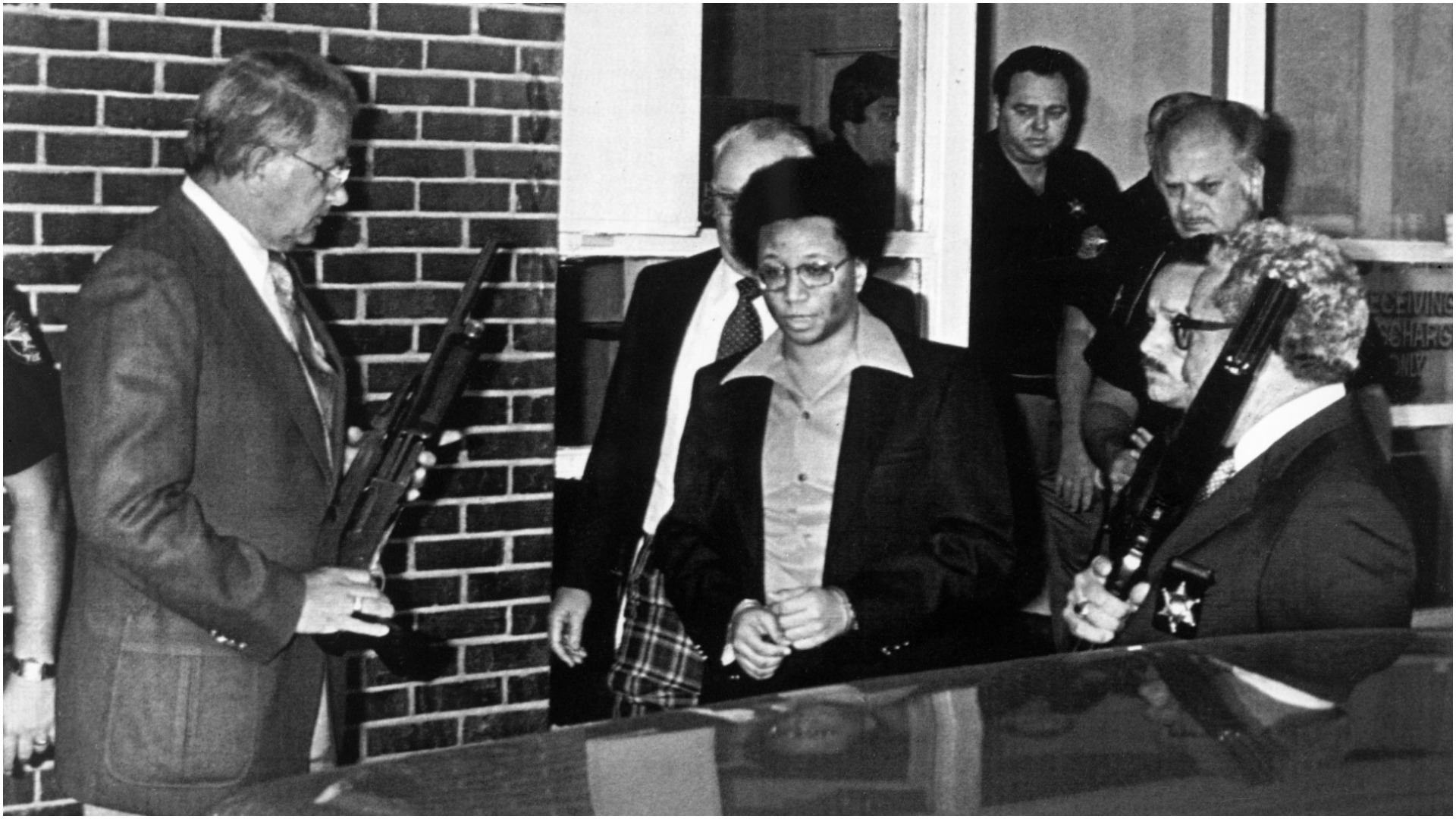
Mindhunter season 2 might feature other crimes, but the Atlanta Child Murders are the main event. Ford and Tench are meant to use this case to prove their true value to the FBI. Not easy, given the controversial nature of the real life arrest. Showrunner Fincher treads carefully, telling the story in a way that leaves plenty of questions unanswered. Key evidence against Williams, such as the splash of a body being thrown from the bridge, is never heard by Ford, Tench or Jim. By extension, this means we never hear it either, leaving us to base our moral judgements on the testimony of others.
Played by Christopher Livingston, Wayne Williams cuts a fascinating and potentially tragic figure. Given that Fincher listened to the recent Atlanta Monster podcast to build the story, we are left to make our own decisions regarding his guilt. While police swear that the murders stopped post Williams' arrest and micro fibre evidence points to only him, there are plenty of arguments to the contrary.
Further reading/listening
It’s hard to comprehend what the feeling must have been like in Atlanta during such dark times – the closest we'll ever get comes via the aforementioned Atlanta Monster podcast. Tenderfoot TV’s Payne Lindsey speaks to law enforcement, the victim’s families and, incredibly, Wayne Williams himself in search of what actually happened back in 1979. Expect to listen to this in one giant listening session.
Killer 3: Dennis Rader, AKA ‘BTK’
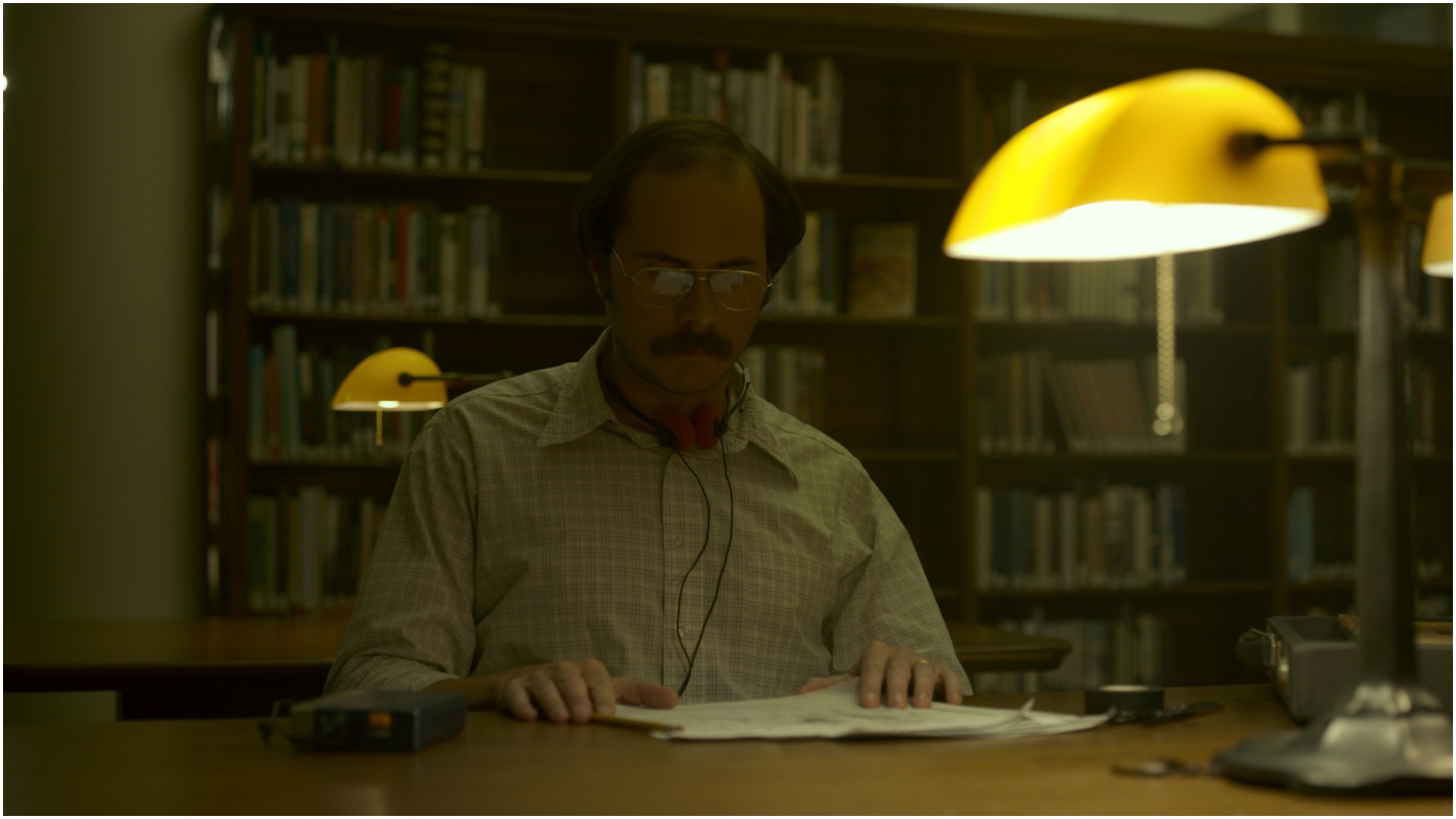
Their real-life crimes
The violent life of Dennis Rader is horribly disturbing. Despite the fact that criminals shouldn’t get to name themselves, Rader coined himself BTK, short for "bind, torture, kill." While it would be a joy to mock this angsty and pathetic name, Rader murdered ten people under this acronym between 1974 and 1991. His victims – including entire families – were found bound, and he sent poems and letters crowing about his achievements to media outlets. Incredibly, it wasn’t until 2005 when Rader was finally apprehended. Unable to keep up his 14 year murder silence, he started sending packages, bound dolls, and letters to police suggesting he was back, but was thankfully apprehended before he could kill again. Let’s all praise DNA evidence.
How they compare to the show
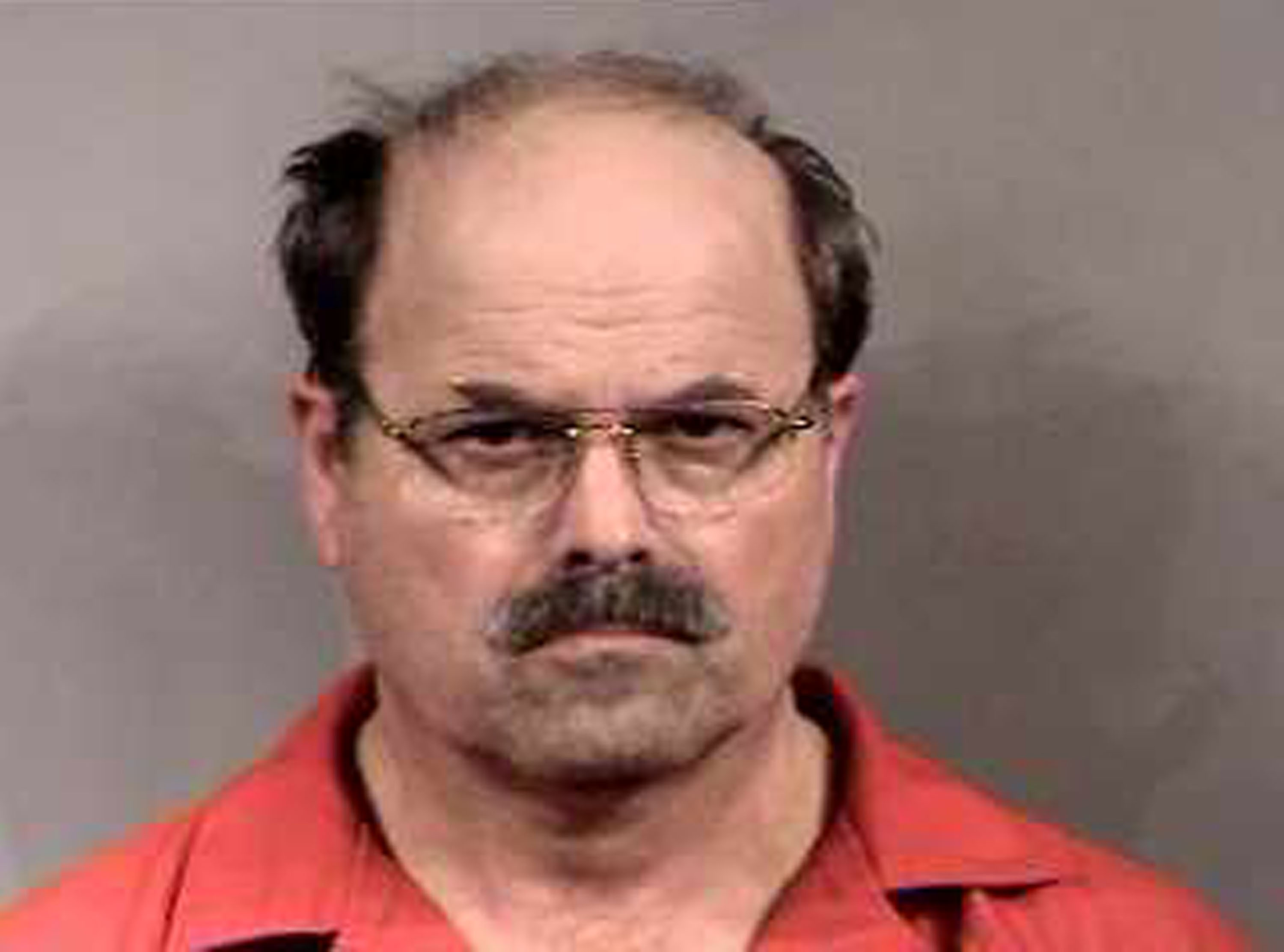
Like a serial killer supervillain, Rader manages to effortlessly haunt Mindhunter with his presence. Unnervingly played by Sonny Valicenti – that moustache! – Rader makes his way onto Ford and Tench’s, well, radar, yet he stays effortlessly ahead of the FBI. The BTK scenes scattered throughout the show are a perfect reminder of just how far The Bureau need to go to before they understand all the types of psychopaths actively at work in the real world. Just like his non fiction counterpart, Rader is hiding in plain sight, taking trips to the library to sketch recreations of his crimes, and driving around neighbourhoods for his next victims.
Further listening
For a perfect dissection and rightful dressing down of his terribly poetry, look no further than The Last Podcast on the Left’s BTK two parter. Episodes 59 and 61 (there’s a live episode in between) are an excellent breakdown of the crimes of Dennis Rader, if you can cope with guiltily laughing about them at the same time. Otherwise you would probably just cry. Forever.
Louise Blain is a journalist and broadcaster specialising in gaming, technology, and entertainment. She is the presenter of BBC Radio 3’s monthly Sound of Gaming show and has a weekly consumer tech slot on BBC Radio Scotland. She can also be found on BBC Radio 4, BBC Five Live, Netflix UK's YouTube Channel, and on The Evolution of Horror podcast. As well as her work on GamesRadar, Louise writes for NME, T3, and TechRadar. When she’s not working, you can probably find her watching horror movies or playing an Assassin’s Creed game and getting distracted by Photo Mode.



